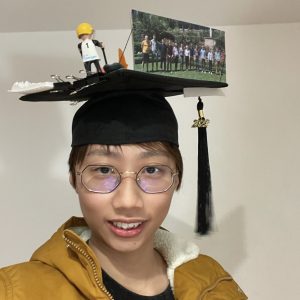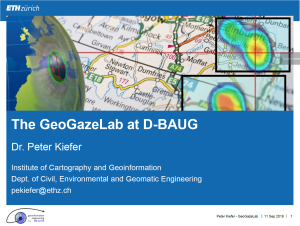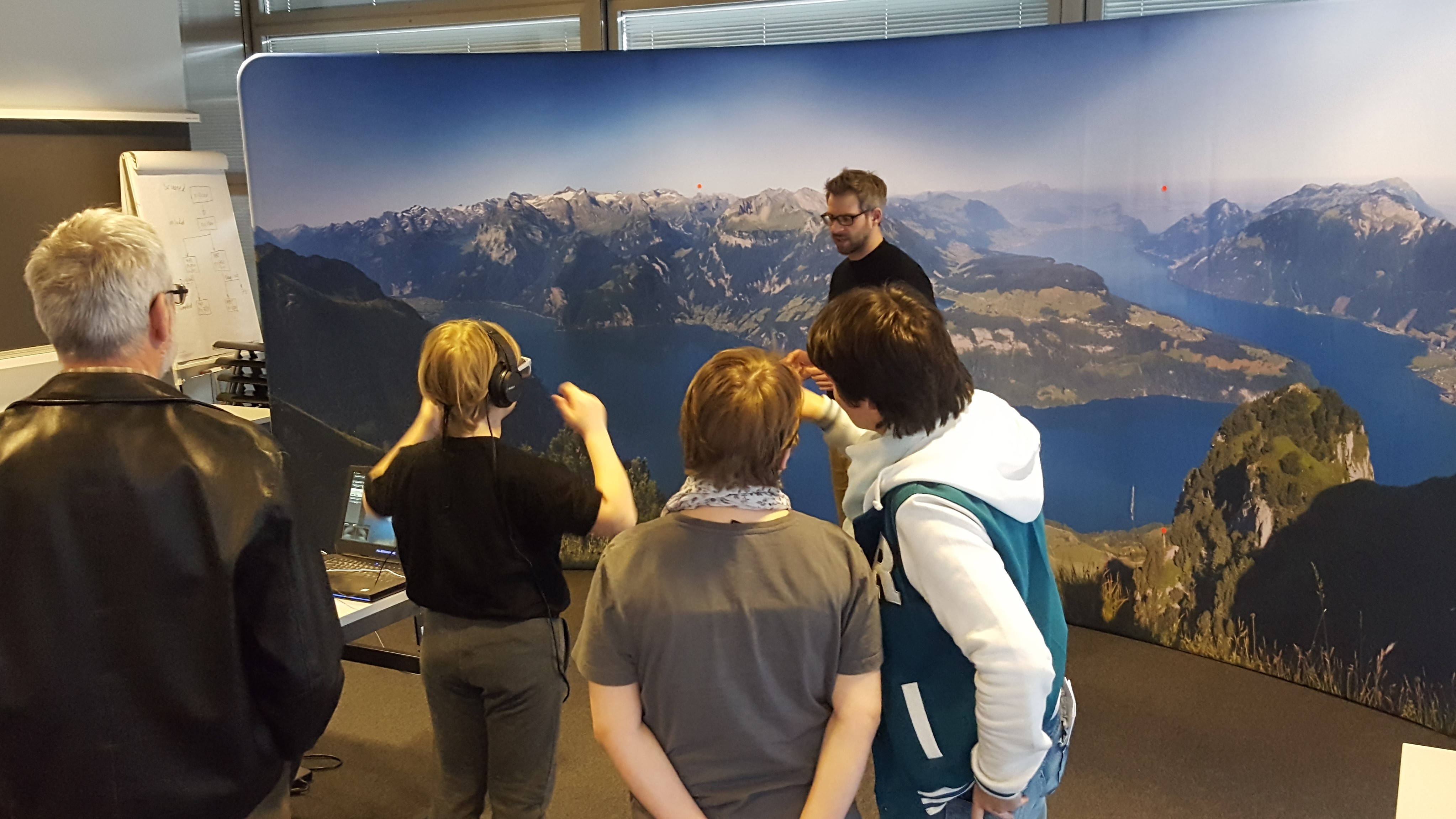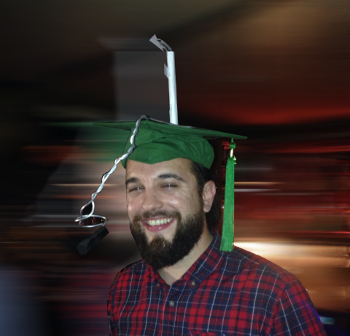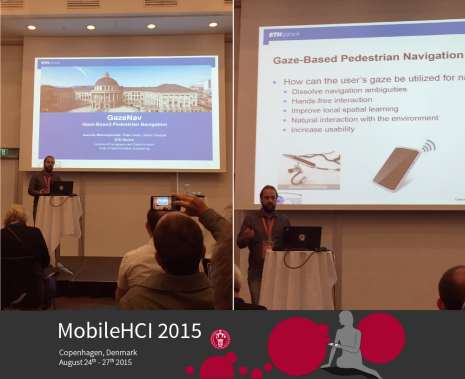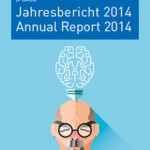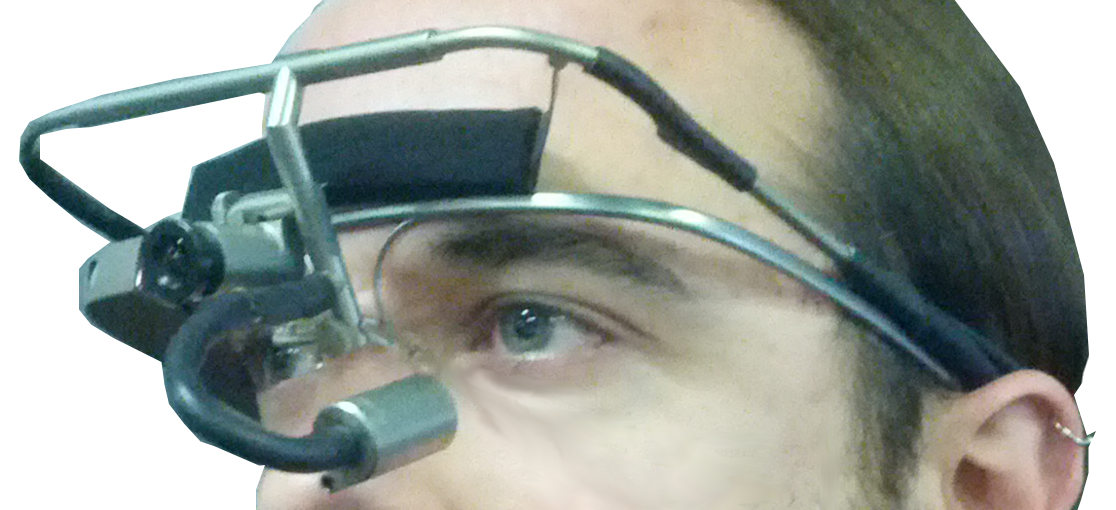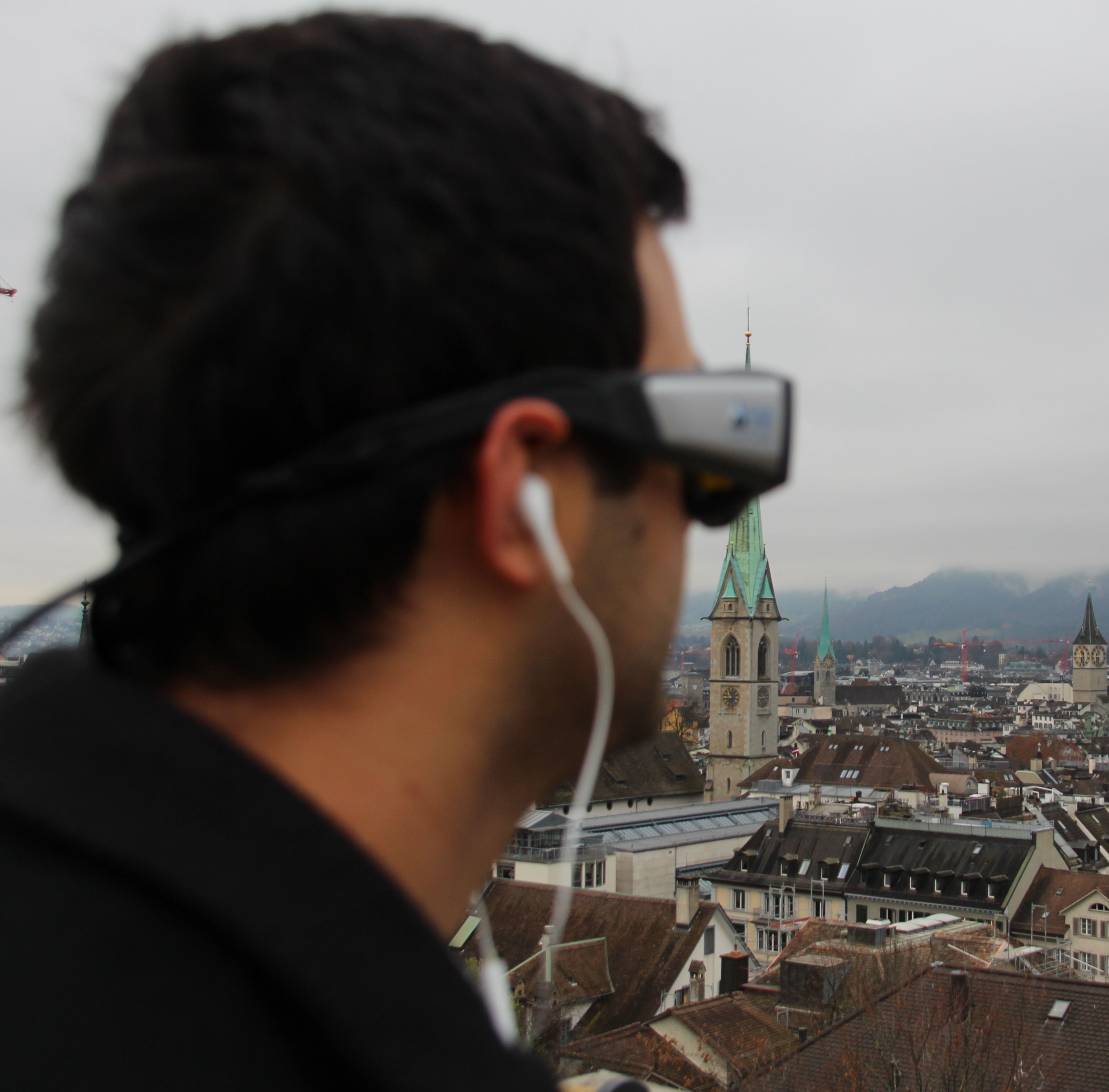Eyes4ICU at LBS 2023
In the scope of the MSCA Doctoral Network Eyes4ICU, our doctoral students Lin Che and Yiwei Wang are investigating novel ways of using eye tracking for the improvement of location-based services. They presented and discussed their research at the 18th Conference on Location Based Services in Ghent, Belgium, last week.
Congrats, Lin, for receiving the best short paper award!
Work-in-progress papers (DOI assignment pending):
- Che, L., Raubal, M., and Kiefer, P. (2023) Towards Personalized Pedestrian Route Recommendation Based on Implicit Visual Preference. In: Huang, H., Van de Weghe, N., and Gartner, G. (editors), Proceedings of the 18th International Conference on Location Based Services, Ghent, Belgium (to appear) [PDF]
- Wang, Y., Raubal, M., and Kiefer, P. (2023) Towards gaze-supported emotion-enhanced travel experience logging. In: Huang, H., Van de Weghe, N., and Gartner, G. (editors), Proceedings of the 18th International Conference on Location Based Services, Ghent, Belgium (to appear) [PDF]
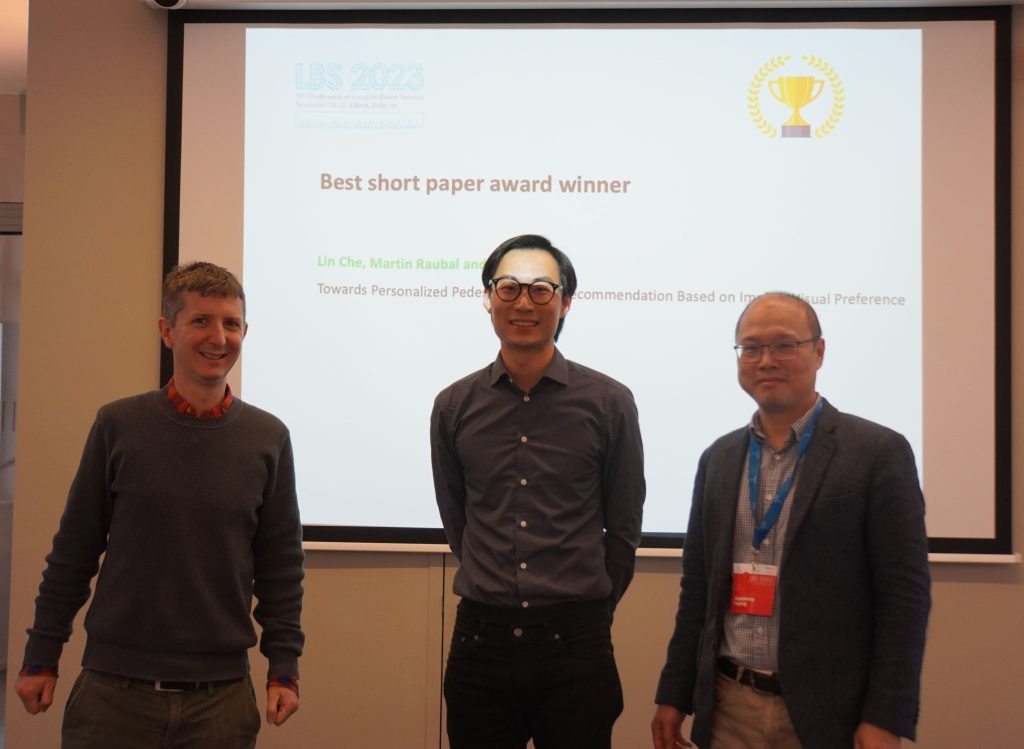




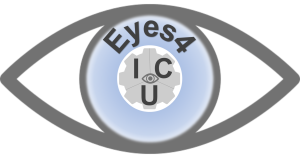 Exciting news! The geoGAZElab will be participating in the MSCA Doctoral Network “Eyes for Interaction, Communication, and Understanding (
Exciting news! The geoGAZElab will be participating in the MSCA Doctoral Network “Eyes for Interaction, Communication, and Understanding (